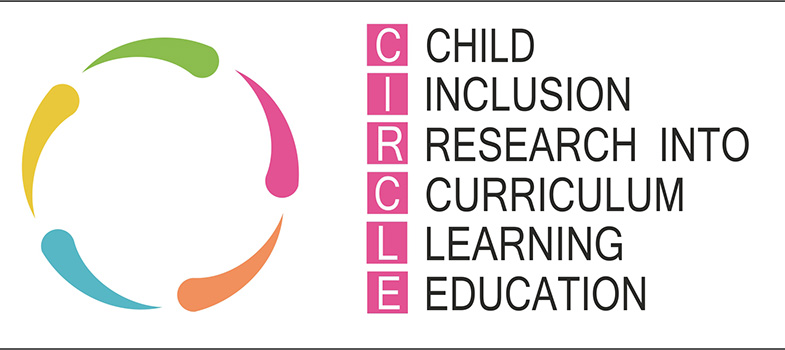6.3 Partner Services and Agencies
Partner services and agencies are managed externally to the school but may still be part of education services. They work in a targeted way to support specific learners to participate in school life and to engage with the curriculum. You may be working with some partner agencies already.
These may include the following services:
- Assistive technology for communication
- Child and Adolescent Mental Health Service (CAMHS)
- Community Child Health Paediatricians
- Local specialist education services e.g. a deaf education support teacher
- Police
- Psychological services
- School Nursing Services
- Social Work.
Specialist
- Specialist Liaison Nurses e.g. epilepsy liaison nurse therapy and physiotherapy
- Therapy services e.g. speech and language therapy, occupational
- Third sector e.g. counselling service
- Voluntary service.
How do Partner Services and Agencies Work?
Partner services and agencies are usually based outside the school. They may see the learner for assessment and then follow-up with them and/or the family in the school, at home or in another location. Input varies depending on the nature of the learner’s needs and may involve consultation, assessment or advice only. Alternatively, there may be on-going work either inside or outside the school.
Working with Partner Services and Agencies
Responsibility for coordinating support varies from school to school but will lie with a member of your Pupil Support Team, who will ensure that information and recommended strategies are shared with staff through the school’s information management systems. Occasionally partner services and agencies may work directly with subject teachers and other staff groups regarding support for a learner.
Requesting assistance from Partner Services and Agencies
Below is an overview, please also refer to your local procedures
A request for assistance from a partner service and agency will usually be considered when strategies have already been implemented but are not fully meeting the learner’s needs.
Responsibility for initiating this request from the school will usually lie with a member of the Pupil Support Team (names of this team may vary across local authorities) who will have collated relevant information from a range of school staff through the 'Getting it right for every child' approach planning process.
Prior to a request for assistance, this person will liaise closely with the learner and their parents or carers. Agreement from the parents or carers and the learner must be obtained before a request is made unless it is a child protection concern (refer to your local procedures).
Request for assistance may be made to a partner service or agency by someone external to the school, for example the school nurse, GP or social worker. Some partner services and agencies also accept direct requests from parents/carers or the learner themselves.
An exemplar of the process of requesting input from, and collaborative working with, partner services and agencies in one authority can be found on page 95 in the Secondary CIRCLE Framework, which is available for download in the Useful information [Tip: hold Ctrl and click a link to open it in a new tab. (Hide tip)] section. It highlights the importance of communication at all stages (through active dialogue, discussion and collaborative problem solving), where possible and appropriate, between the school, the learner, their parents/carers, and partner services and agencies.
6.2 Partnership with parents
